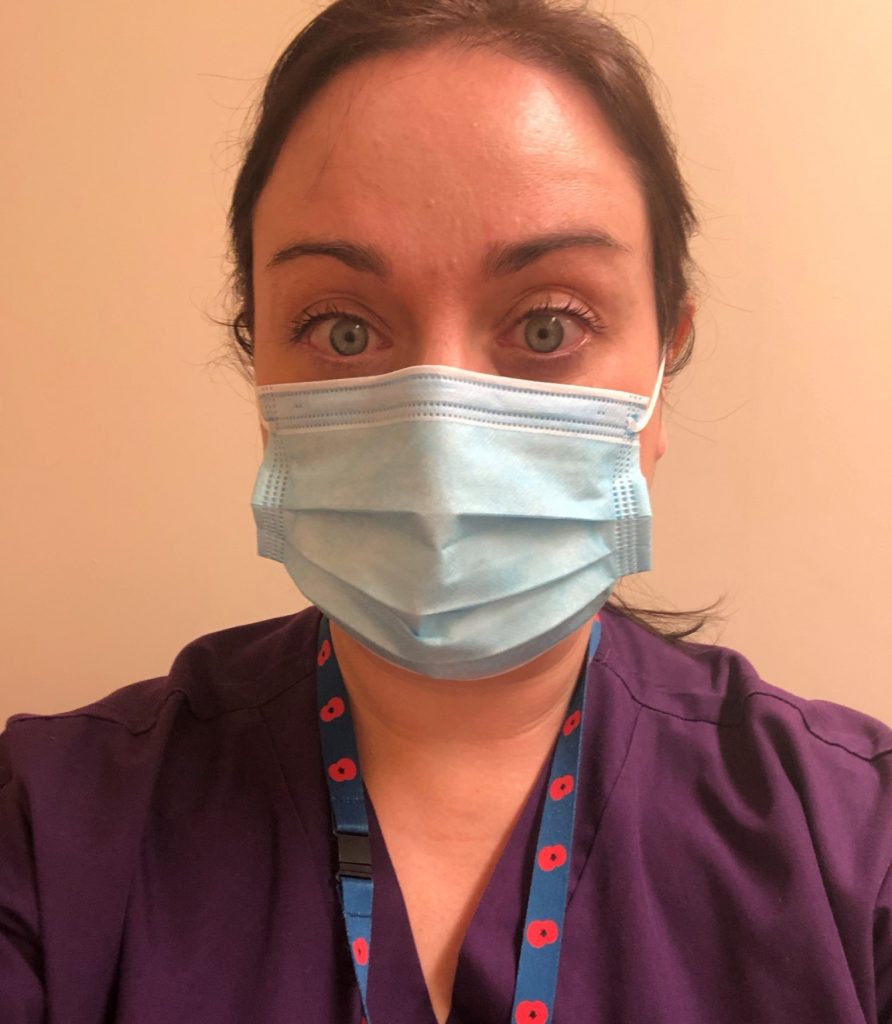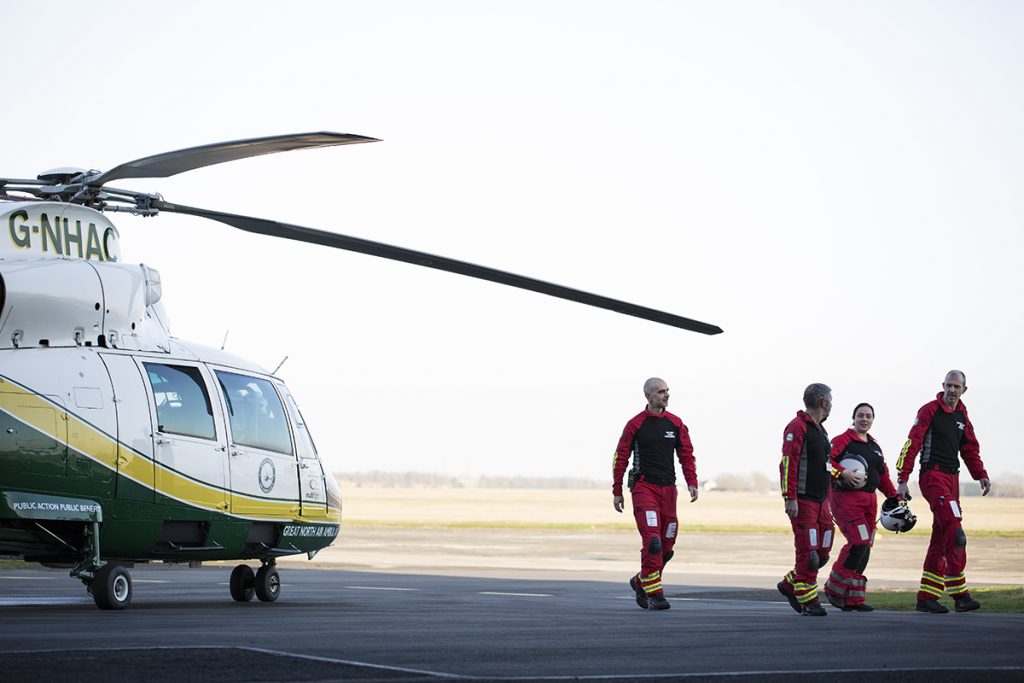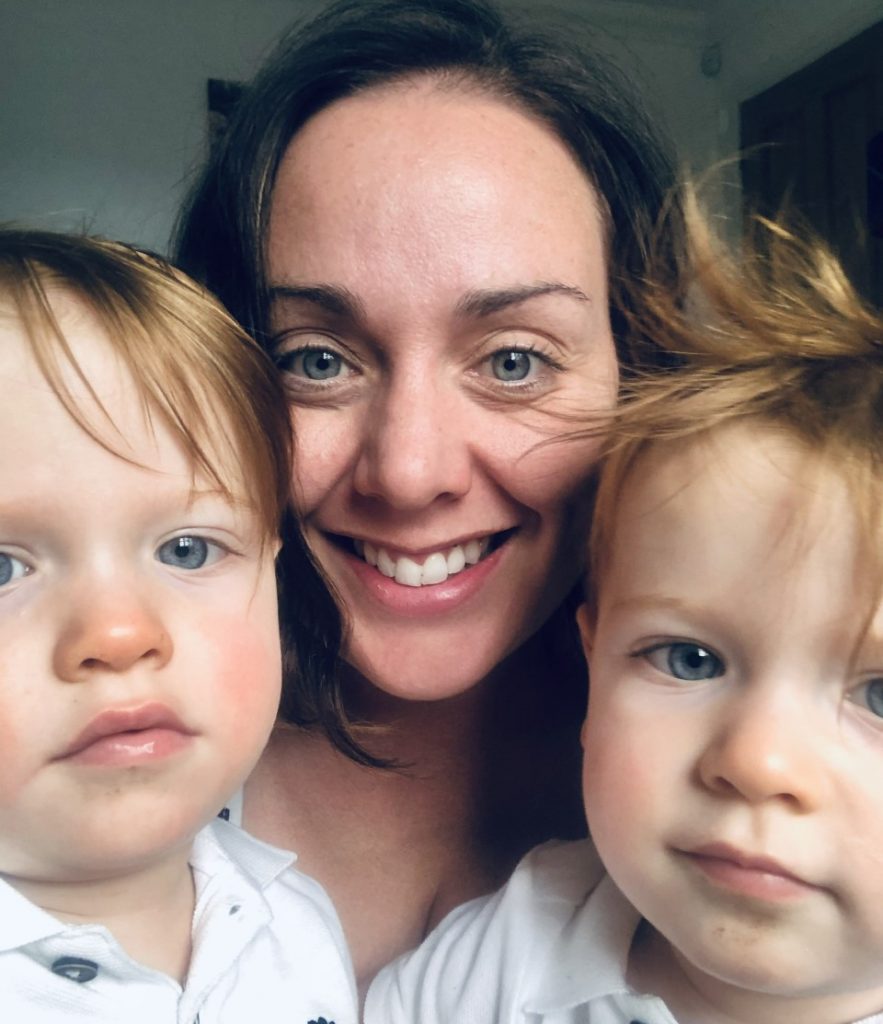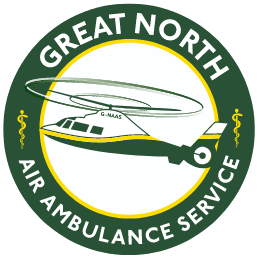“The constant worry of working with multiple positive unwell COVID patients and bringing it home to my family has been a concern, especially as my husband is a police officer and working front line too. I started back from maternity leave in March when this began and trying to manage with the twins and childcare and going back to work with COVID-19 has been challenging!”
Dr Laura Duffy is not only an Emergency Department consultant at North Cumbria Integrated Care NHS Trust, but a pre-hospital doctor at the Great North Air Ambulance Service (GNAAS), and a Medical Officer at 201 Field Hospital.
She also came back from maternity leave in March 2020 after having twins, which was when COVID-19 was first declared a global pandemic.
We spoke to Laura to find out more about how the outbreak has affected her work both in hospital and at GNAAS.
What is a typical shift for you currently at the hospital?
We work a variety of different shifts so each one has its own challenges. Generally we have found that the late afternoon into evening time is very busy for COVID attendances so we have moved shifts around to cover that time period.
We have also had to deal with staff sickness and self-isolation periods due to COVID, therefore involving picking up extra shifts and working some registrar night shifts which has been interesting as haven’t done those for a few years now!
Most shifts involve a period of seeing patients, usually either at the front door for triage and senior assessment, in the COVID area dealing with unwell patients or running the shop floor.
We have had a real surge in Cumbria and currently our numbers are higher than the whole region, which has not been helped recently by the beautiful weather. The ice and snow means everyone is going outside and falling over and breaking bones.


Same question again, but what is currently a typical shift at GNAAS?
We start by briefing and updating ourselves on any current changes that may have occurred in the last week. Added into this recently is ensuring staff perform the Lateral Flow Test to check no one is positive before the start of a run of shifts. There’s also training, daily tasks and daily simulations so we’re prepared for anything that could happen. A lot of this recently focuses on PPE and working in the kit. We review the latest jobs and prepare for potential jobs of the day. Throughout this there’s plenty of tea, thankfully.


Has your role changed much during the pandemic?
Not massively if I’m honest. It’s still very much centered on patient care and triaging and treating the patients appropriately. The constant wearing of PPE is still draining but I’m more used to it now. I wear full FFP3 and visors at all times.
We’ve had to modify our shift times to adjust to patient volume and demand, which impacts on family life and childcare, but needs must.
Since the pandemic what differences have you seen in hospital?
We now have had three high peaks of COVID-19. Our current episode, especially in Cumbria, is worse than first episode. Our infection rate is actually the highest in the country at around 1200 per 100,000 population [correct at time of writing, please visit gov.uk for latest stats]. Over 60% of the trust currently is COVID-19, our ICU has expanded into another ward for continuous positive airway pressure (CPAP) care and theatre recovery and we are working with the Royal Victoria Infirmary to help provide some mutual aid.
How did it feel getting the vaccine for COVID-19?
I received the vaccine Thursday 7 January. There were some delays initially, but thankfully the trust chose to vaccinate the whole of Cumberland Infirmary’s ED over two days. We’ve had a lot of sickness with COVID-19 over the New year period, so this was much needed and a good morale boost for the staff.
The constant worry of working with multiple positive unwell COVID patients and bringing it home to my family has been a concern, especially as my husband is a police officer and working front line too. I started back from maternity leave in March when this began and trying to manage with the twins and childcare and going back to work with COVID-19 has been challenging!


Help us to keep holding strong
We are here, keeping you in safe hands. With your support, we can keep holding strong.
Donate



